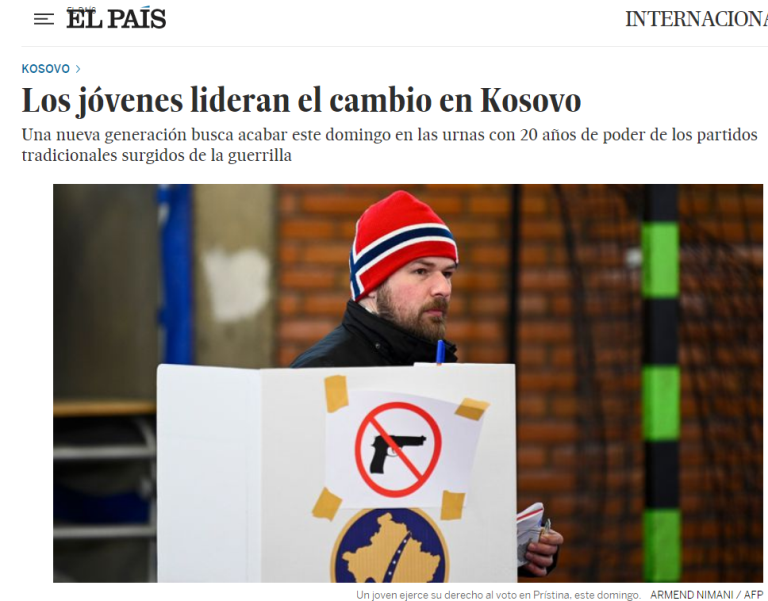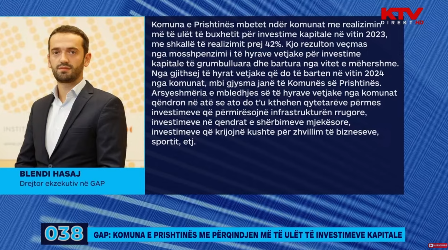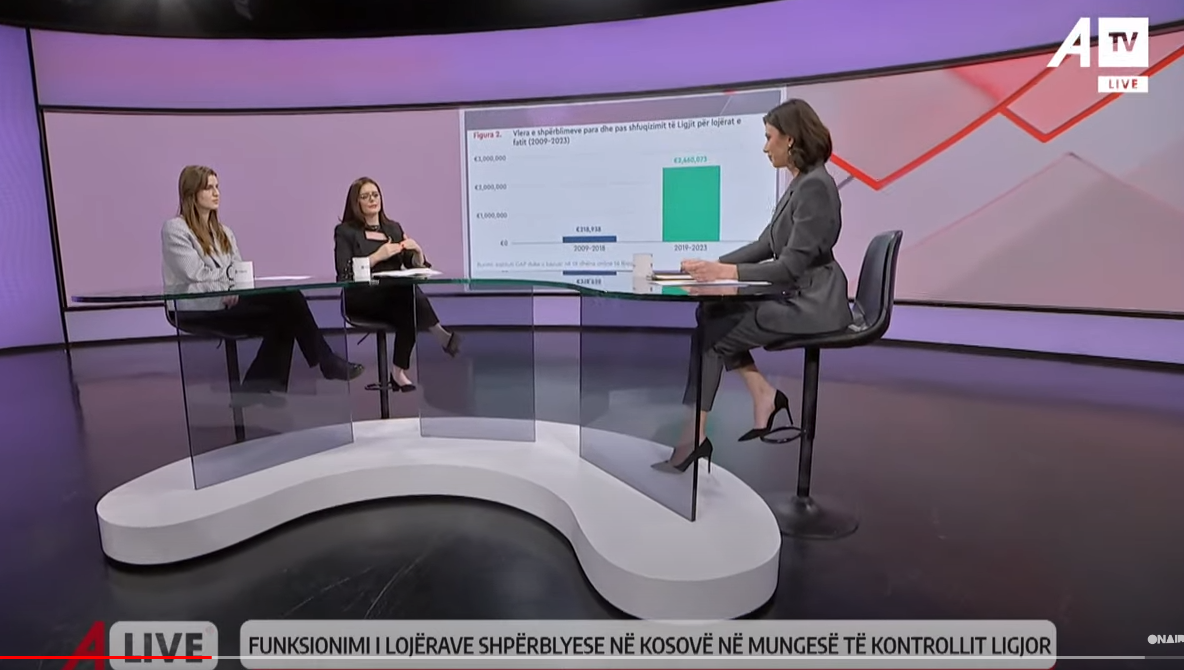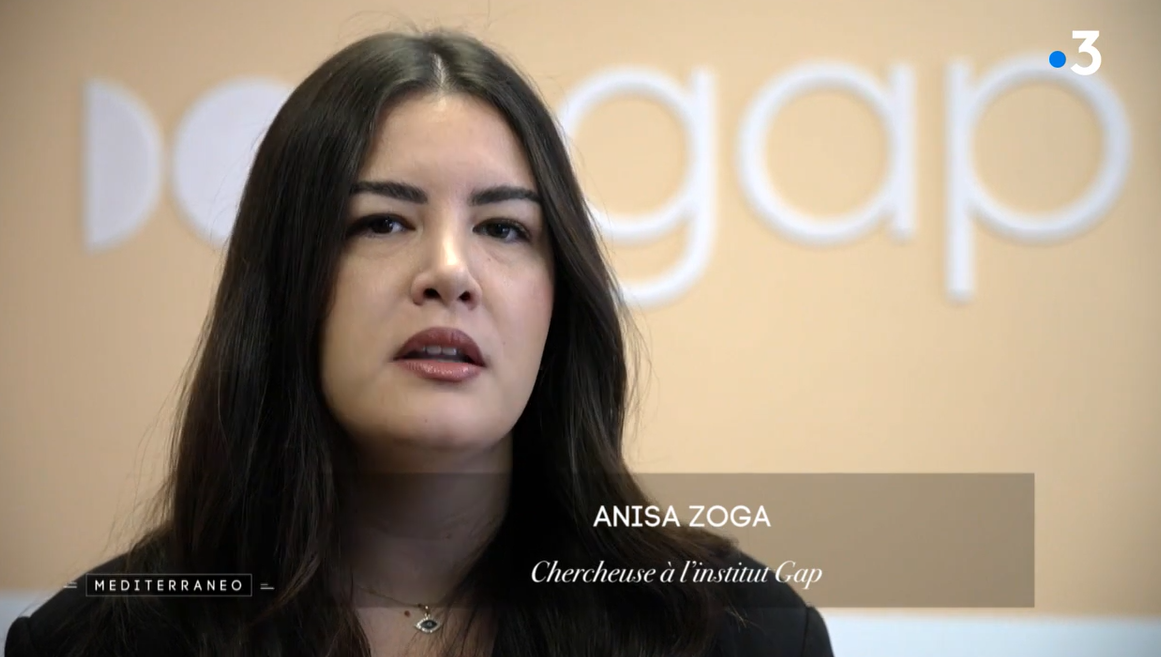GAP Institute published a new study “Professional Training of the Labor Force : An Analysis of Services Providers of the Private Sector"
18/05/2017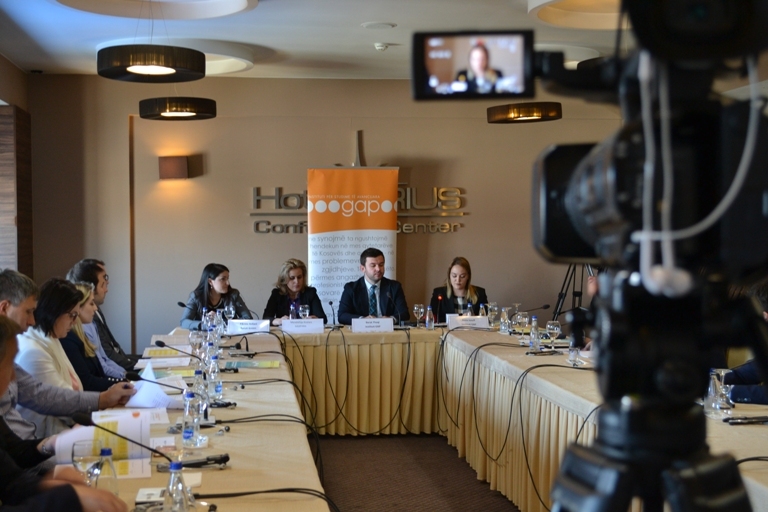
GAP Institute published the main findings of its latest study in a debate organized with different stakeholders. Berat Thaqi, policy analyst at GAP Institute, said that in Kosovo the demand for a job is quite high, but companies find it difficult to find skilled workers. Unlike commodity trade, the service sector is the only sector in which Kosovo has a trade surplus and staffing for this sector should be considered strategic for the countrys economy.Knowing the importance of this sector, GAP Institute has conducted a research about the needs that companies in this sector have in terms of finding qualified workers The research included a survey with 28 companies in the service industry.
Nora Jusufi, researcher at GAP Institute, presented the findings of the analysis pointing out that the youth unemployment rate in Kosovo for 2016 is 52.4%, which is a very alarming statistic. Nonetheless, out of 92.6% of surveyed companies that have employed new workers over the past three years, 82.1% have encountered difficulties in finding skilled workers. Incompatibility of skills with business requirements has led companies to hire less qualified workers, to hamper the development of new services and lower productivity. Mrs. Jusufi added that regarding the centers of competence in Kosovo, the main investments have been in infrastructure and as a result the graduates of the schools are employed in small measure, even outside the profession.
Mendohije Krelani, an Associate for Pedagogical Affairs at the Agency for Vocational Education and Training and Adult Education, stated that the agency has worked hard to achieve the objectives and that it was invested heavily in the centers of competence, but that the cooperation between the companies and the government is low and more needs to be done in this direction. Another key issue is the funding formula of the centers of competence which does not take into account the specifics of the training areas provided by the centers and at the same time the lack of sufficient budget for the maintenance of the investments in these schools. Mrs. Krelani invited companies to cooperate and to take initiatives to provide inputs on the programs that the centers of competence offer.
Fikrete Asllani, Head of the Human Resources Department at Baruti GmbH, spoke about Baruti recruiting experience, where she noted that around 60% of applicants in Baruti were not employed because of the lack of basic literacy skills such as motivation letters, summaries and emails as a first step in the recruitment process. Mrs. Asllani added that Baruti offers numerous trainings for their employees by collaborating with private educational institutions to provide special modules for its employees. But such co-operation has not yet occurred with public institutions, although there has been some attempt to collaborate with the the German Language Department of the University of Prishtina.
Representatives of businesses, civil society and public institutions participated in the discussion. Businesses expressed their dissatisfaction with the quality of education in Kosovo and spoke about the open positions which they cannot fill because of the poor qualifications. Also, business representatives considered a major obstacle the lack of cooperation between the private sector and relevant public institutions. Even the centers of competence have complained about the lack of willingness of businesses to cooperate with these centers, especially in the engagement of interns in the enterprises. In conclusion, the key problem was characterized by the lack of cooperation between relevant stakeholders, the inadequacy of curricula with market needs, and the lack of investment based on genuine analysis of labor market needs.







